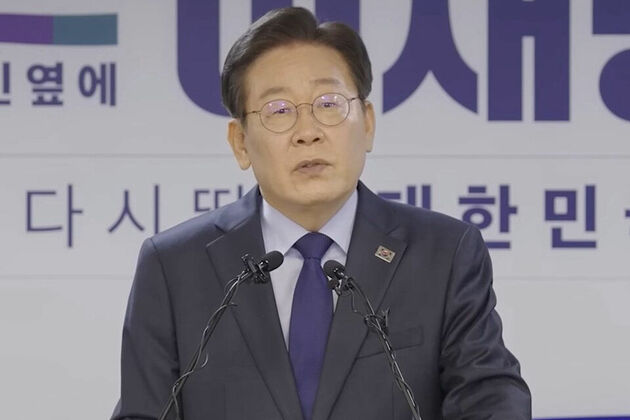Move FM Global News

What can South Korea and world expect in Lee’s presidency?
Jun 7, 2025SEOUL, South Korea: South Korea’s new president, liberal Lee Jae-myung, took office on June 4 after a dramatic and chaotic few months. Pictures of the election showed a peaceful, lively event with colorful outfits and dancing crowds — blue for Lee and red for his rival, conservative Kim Moon Soo.
But these images hid the severe political crisis that happened before the vote. In December, former President Yoon Suk Yeol shocked the nation by declaring martial law — something not seen since the days of dictatorship. Lawmakers fought past armed soldiers to cancel the order. Soon after, Yoon was impeached and removed from office. Only two months later, Lee became president after one of the most unusual elections since South Korea became a democracy in the late 1980s.
Lee now faces the challenging task of healing a deeply divided nation. These divisions are rooted in the country’s past — starting with the split between North and South Korea after World War II. The Korean War deepened the divide, and during South Korea’s years under dictators, more cracks appeared between political sides, between rich and poor, young and old, and men and women.
Even now, democracy in South Korea continues to face pressure from both internal and external forces — from its leaders, from North Korea, and its past.
Before the election, people took to the streets to both support and protest Yoon. Many, like 22-year-old student Park Soo Hyun, said the country needs unity after the chaos.
Lee’s party holds a majority in parliament, which may help him pass liberal laws to improve welfare, fight corruption, and lower living costs. Liberals like Lee often want better relations with North Korea and are more cautious about ties with the U.S. and Japan.
The United States sees South Korea as a crucial buttress against China, Russia, and North Korea’s growing nuclear capabilities. The South hosts nearly 30,000 U.S. troops.
Still, Lee will have to manage relations with U.S. President Donald Trump, who has been cool toward South Korea and has even threatened tariffs. Lee also faces accusations of old corruption, which may become a problem during his term.
In his first speech as president, Lee promised never to misuse the military again and said power must always serve the people.
Experts say South Korea has survived a major crisis and shown the strength of its democracy. The fact that people helped lawmakers stop martial law and that soldiers did not use force shows how far the country has come.
Professor John Delury said that it was not Lee who saved democracy—it was the people. Now, they trust him to protect it during his five-year term.


